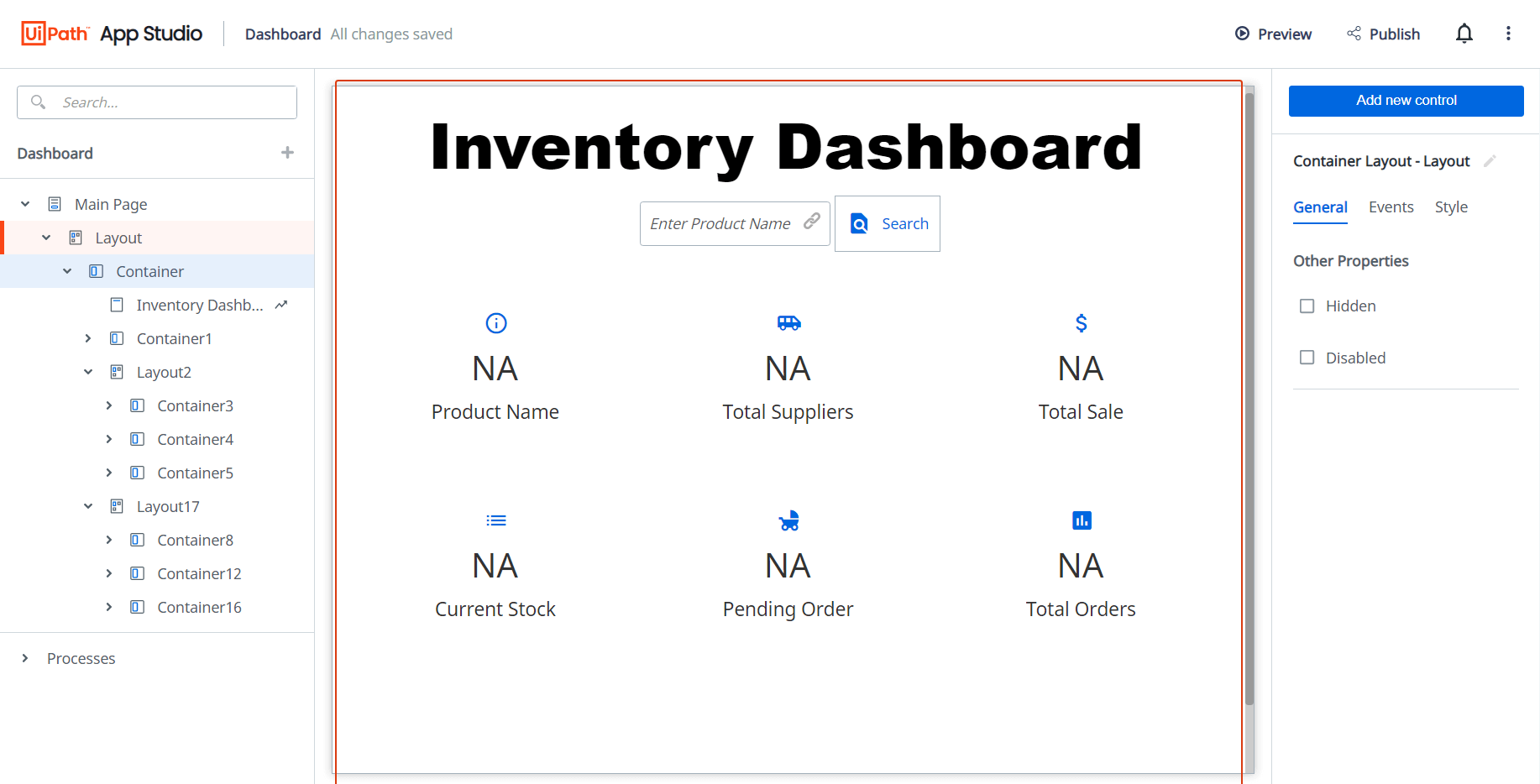UiPath: Complete Buyer's Guide
Enterprise-grade RPA platform delivering comprehensive invoice automation with deep ERP integration for high-volume financial operations.
UiPath positions itself as a comprehensive robotic process automation (RPA) platform with AI-powered invoice processing capabilities specifically designed for complex financial operations. Unlike specialized invoice processing tools, UiPath delivers a full automation platform that combines document understanding AI with digital worker deployment for mailbox monitoring and automated data entry across multiple systems[55][56].
Market Position & Maturity
Market Standing
UiPath occupies a dominant position in the enterprise RPA market, competing directly with Automation Anywhere and Microsoft Power Automate for comprehensive automation platform deployments.
Company Maturity
Company maturity indicators demonstrate substantial operational scale and stability. UiPath maintains comprehensive enterprise support infrastructure and has established deep ERP integration partnerships with major vendors including SAP and NetSuite.
Growth Trajectory
Market validation comes through documented enterprise customer implementations including Thermo Fisher Scientific and Stack Overflow, demonstrating capability to handle complex, high-volume financial operations with measurable outcomes.
Industry Recognition
Industry recognition includes established partnerships with major ERP vendors and documented success in enterprise automation deployments.
Strategic Partnerships
UiPath has established deep ERP integration partnerships with major vendors including SAP and NetSuite.
Longevity Assessment
UiPath's enterprise-focused approach provides stability for long-term automation initiatives, though the platform's complexity may exceed requirements for organizations seeking straightforward invoice processing solutions.
Proof of Capabilities
Customer Evidence
Thermo Fisher Scientific provides the most comprehensive customer evidence, achieving 70% faster invoice processing and 53% touchless automation rates within 12 weeks of UiPath implementation[55].
Quantified Outcomes
Quantified customer outcomes consistently demonstrate 6-12 month ROI achievement through labor savings and error reduction. One documented customer reported 150% ROI in year one, primarily through processing acceleration and reduced manual intervention requirements[55].
Case Study Analysis
Stack Overflow completed a global deployment in 90 days, showcasing UiPath's scalability for international operations[55].
Market Validation
Market validation includes documented success across multiple enterprise customers, though specific customer names and detailed case studies remain limited in available research.
Reference Customers
Thermo Fisher Scientific and Stack Overflow are notable implementations demonstrating UiPath's capability to handle complex, high-volume financial operations[55].
AI Technology
UiPath's technology foundation combines robotic process automation (RPA) with AI-powered document understanding to create comprehensive invoice processing workflows.
Architecture
The RPA-based architecture distinguishes UiPath from pure AI solutions by emphasizing workflow automation alongside document processing.
Primary Competitors
UiPath competes across multiple vendor categories, with AI-native solutions like Vic.ai emphasizing 90% coding accuracy with 75% cost savings through machine learning algorithms.
Competitive Advantages
UiPath's primary strengths include deep ERP integration capabilities and comprehensive workflow automation beyond invoice processing.
Market Positioning
UiPath occupies the enterprise automation platform segment, competing with Automation Anywhere and Microsoft Power Automate for comprehensive RPA deployments.
Win/Loss Scenarios
Organizations should choose UiPath when requiring comprehensive automation beyond invoice processing, particularly in SAP or NetSuite environments demanding deep integration.
Key Features

Pros & Cons
Use Cases
Integrations
Pricing
Featured In Articles
Comprehensive analysis of Invoicing Automation for Ecommerce for Ecommerce businesses and online retailers. Expert evaluation of features, pricing, and implementation.
How We Researched This Guide
About This Guide: This comprehensive analysis is based on extensive competitive intelligence and real-world implementation data from leading AI vendors. StayModern updates this guide quarterly to reflect market developments and vendor performance changes.
56+ verified sources per analysis including official documentation, customer reviews, analyst reports, and industry publications.
- • Vendor documentation & whitepapers
- • Customer testimonials & case studies
- • Third-party analyst assessments
- • Industry benchmarking reports
Standardized assessment framework across 8 key dimensions for objective comparison.
- • Technology capabilities & architecture
- • Market position & customer evidence
- • Implementation experience & support
- • Pricing value & competitive position
Research is refreshed every 90 days to capture market changes and new vendor capabilities.
- • New product releases & features
- • Market positioning changes
- • Customer feedback integration
- • Competitive landscape shifts
Every claim is source-linked with direct citations to original materials for verification.
- • Clickable citation links
- • Original source attribution
- • Date stamps for currency
- • Quality score validation
Analysis follows systematic research protocols with consistent evaluation frameworks.
- • Standardized assessment criteria
- • Multi-source verification process
- • Consistent evaluation methodology
- • Quality assurance protocols
Buyer-focused analysis with transparent methodology and factual accuracy commitment.
- • Objective comparative analysis
- • Transparent research methodology
- • Factual accuracy commitment
- • Continuous quality improvement
Quality Commitment: If you find any inaccuracies in our analysis on this page, please contact us at research@staymodern.ai. We're committed to maintaining the highest standards of research integrity and will investigate and correct any issues promptly.